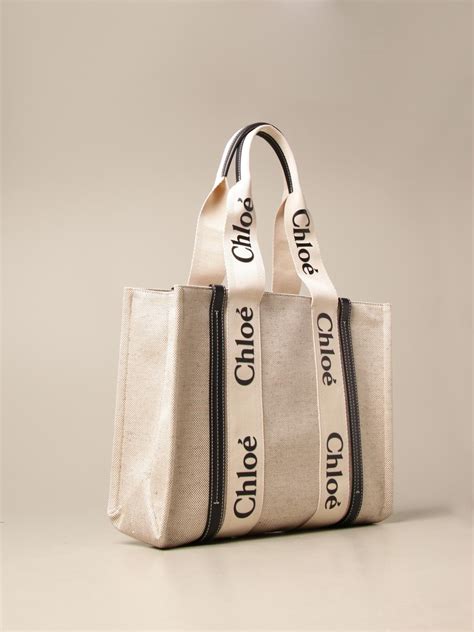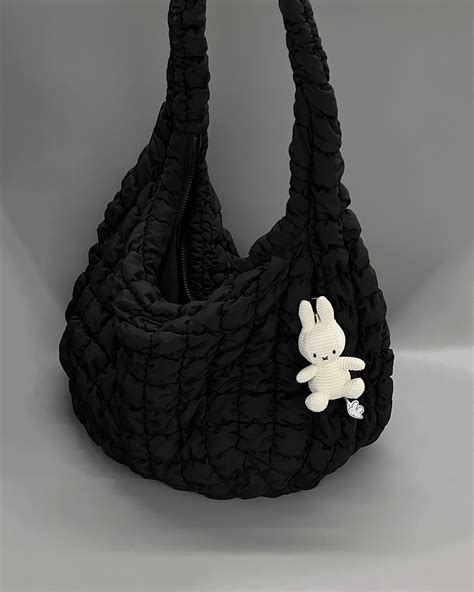quem herdou a chanel | Quem ficou com a herança da Chanel?
$280.00
In stock
The name Chanel evokes images of timeless elegance, sophistication, and a revolutionary spirit that forever changed the landscape of fashion. From the iconic 2.55 handbag to the eternally chic Little Black Dress, Chanel's designs are instantly recognizable and coveted worldwide. But behind the brand's enduring appeal lies a complex story of succession, legacy, and the individuals who have inherited and shaped the House of Chanel in the decades following the death of its founder, Gabrielle "Coco" Chanel. This article delves into the intriguing question of "Quem Herdou a Chanel?" (Who Inherited Chanel?), exploring the intricacies of the company's ownership, the fortunes of its inheritors, and the individuals responsible for maintaining its position as a global luxury powerhouse. The price of a Chanel bag in Brazil, for instance, ranges from R$ 17,500 to R$ 25,000, depending on the size (small, medium, or large). In the US, the price is between US$ 4,300 and US$ 5,500, and in Europe... well, more on that later.
The Coco Chanel Era: A Foundation of Innovation and Independence
Gabrielle "Coco" Chanel, born in 1883, was a visionary who defied societal norms and established a fashion empire built on simplicity, functionality, and liberation. She liberated women from restrictive corsets and elaborate dresses, introducing comfortable yet stylish clothing that empowered them to embrace modernity. Chanel's designs were groundbreaking, and her business acumen was equally remarkable. She built a thriving empire that encompassed haute couture, ready-to-wear, perfumes (most notably Chanel No. 5), accessories, and cosmetics.
Coco Chanel's personal life was as captivating as her professional achievements. She was known for her independent spirit, her influential circle of artists and intellectuals, and her long-term relationships, none of which resulted in marriage or children. This lack of direct descendants ultimately shaped the future of her company and the question of who would inherit her legacy.
The Absence of Direct Heirs: A Turning Point
When Coco Chanel passed away in 1971 at the age of 87, she left behind a fashion empire of immense value and cultural significance. However, she had no direct heirs – no children, grandchildren, or surviving spouse to inherit her controlling stake in the company. This presented a unique challenge: who would take the helm of this iconic brand and ensure its continued success?
The absence of direct heirs meant that the ownership and management of Chanel would have to pass to individuals outside of Coco Chanel's immediate family. This transition marked a significant turning point in the company's history, requiring careful consideration of who would be best suited to uphold Chanel's values and vision.
The Wertheimer Brothers: Taking the Reins
The answer to "Quem Herdou a Chanel?" doesn't lie in a direct familial line, but rather in a long-standing business partnership. While Coco Chanel was the creative force behind the brand, the Wertheimer family played a crucial role in its financial success. In 1924, Chanel entered into a partnership with Pierre Wertheimer and his brother Paul to produce and distribute her perfumes, most notably Chanel No. 5. The Wertheimers held a 70% stake in the Parfums Chanel business, while Chanel retained 10% and a friend, Théophile Bader, held the remaining 20%.quem herdou a chanel
This partnership, while initially beneficial, later became a source of tension between Chanel and the Wertheimers. During World War II, Chanel attempted to use Nazi laws to seize full control of Parfums Chanel, claiming that the Wertheimers were Jewish. However, Pierre Wertheimer anticipated this move and transferred his ownership to a non-Jewish associate. After the war, Wertheimer returned, and the partnership was re-established.
Upon Coco Chanel's death in 1971, the Wertheimer family, specifically Pierre Wertheimer's son, Jacques Wertheimer, inherited the majority stake in the Chanel empire. Jacques Wertheimer was a businessman with a passion for horse racing, and he initially lacked the same level of dedication to the fashion side of the business as Coco Chanel. During his tenure, the brand experienced a period of stagnation, with some critics arguing that it had lost its way.
Alain Wertheimer and the Revival of Chanel
In 1974, Alain Wertheimer, Jacques' son, took over as chairman and CEO of Chanel. Alain Wertheimer is widely credited with revitalizing the brand and restoring it to its former glory. He recognized the need to refocus on the core values of Chanel – quality, craftsmanship, and timeless elegance – and he implemented a strategic plan to achieve this.
Alain Wertheimer made several key decisions that contributed to Chanel's resurgence. He brought in Karl Lagerfeld as the creative director in 1983. Lagerfeld's appointment was initially met with skepticism, as some questioned whether he could capture the essence of Chanel's vision. However, Lagerfeld proved to be a brilliant choice. He skillfully updated Chanel's classic designs while staying true to the brand's heritage. He incorporated contemporary elements into the collections, attracting a new generation of customers while still appealing to loyal Chanel devotees.
Additional information
| Dimensions | 5.3 × 4.2 × 1.7 in |
|---|








